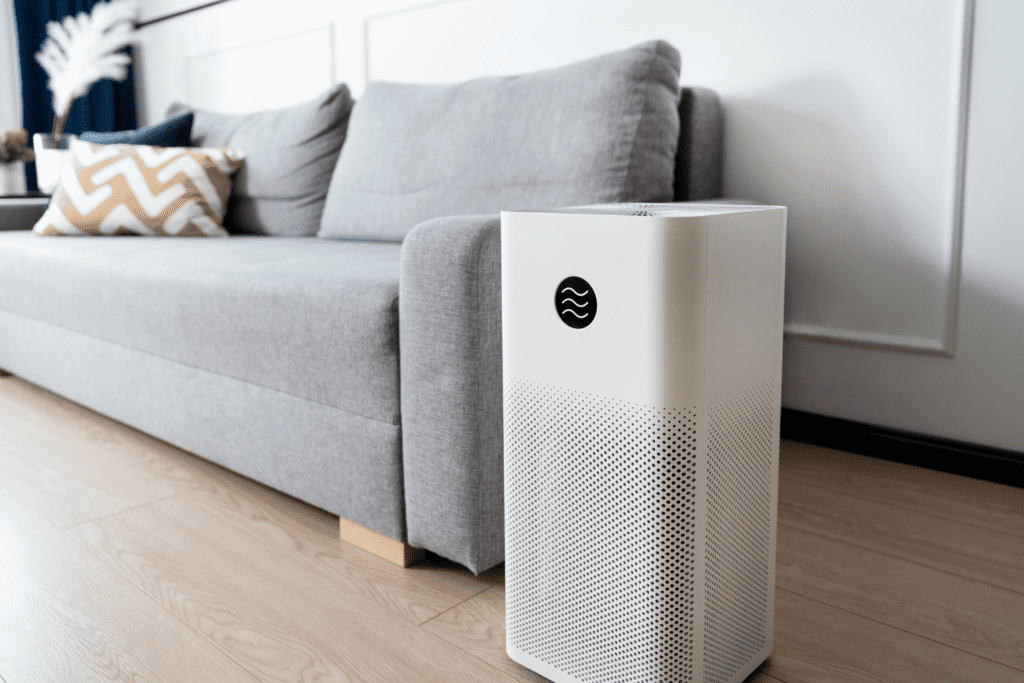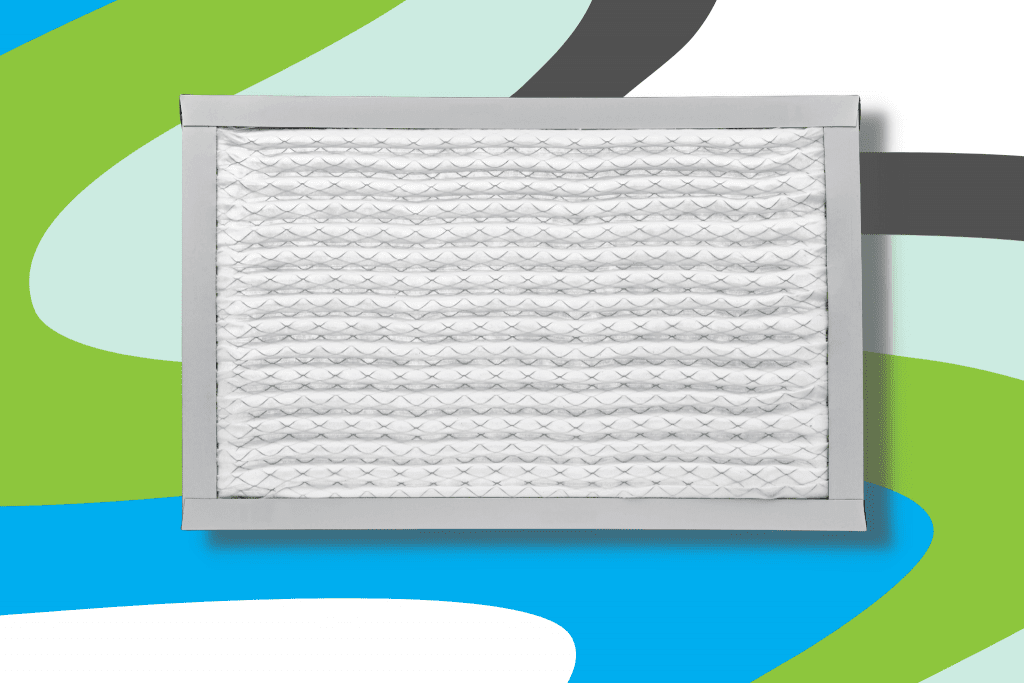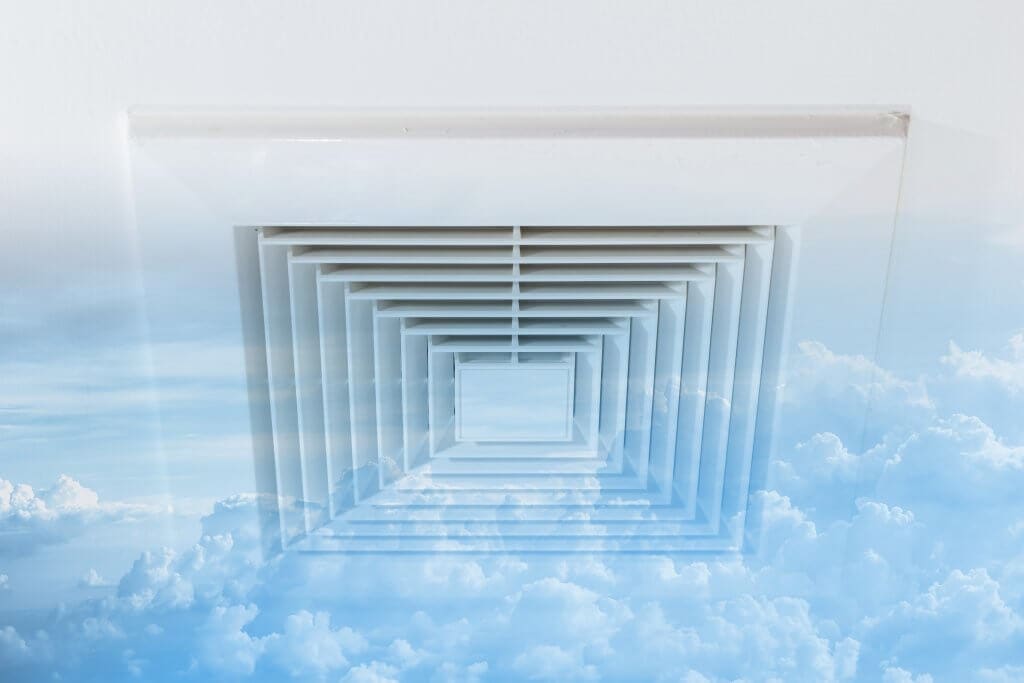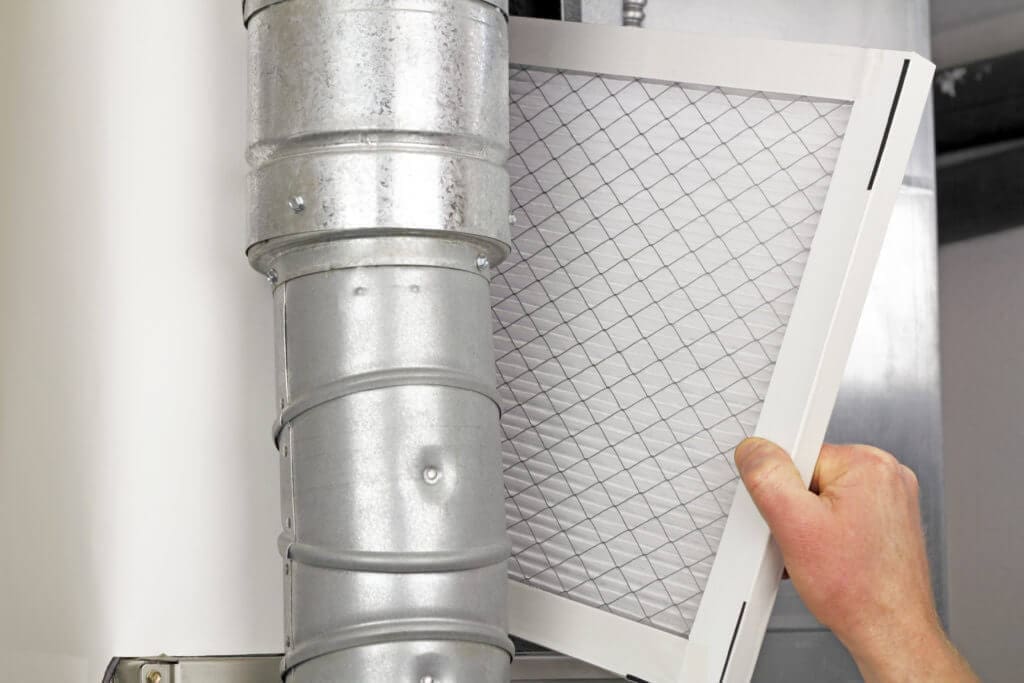

What is a true HEPA filter? Is it a marketing ploy created by manufacturers or a way of distinguishing real HEPA from fakes? Let’s find out.
Are MERV 8 air filters the best option for capturing and filtering out air pollutants, or should you upgrade to a higher MERV rating?
Are you confused about MERV ratings? This guide has everything you need to know about the best MERV rating and filters for your home or building.



If you’re curious about improving your indoor air quality or have concerns about your current environment, local IAQ professionals are here to help.
They have the expertise to guide you towards a healthier, fresher living space.


